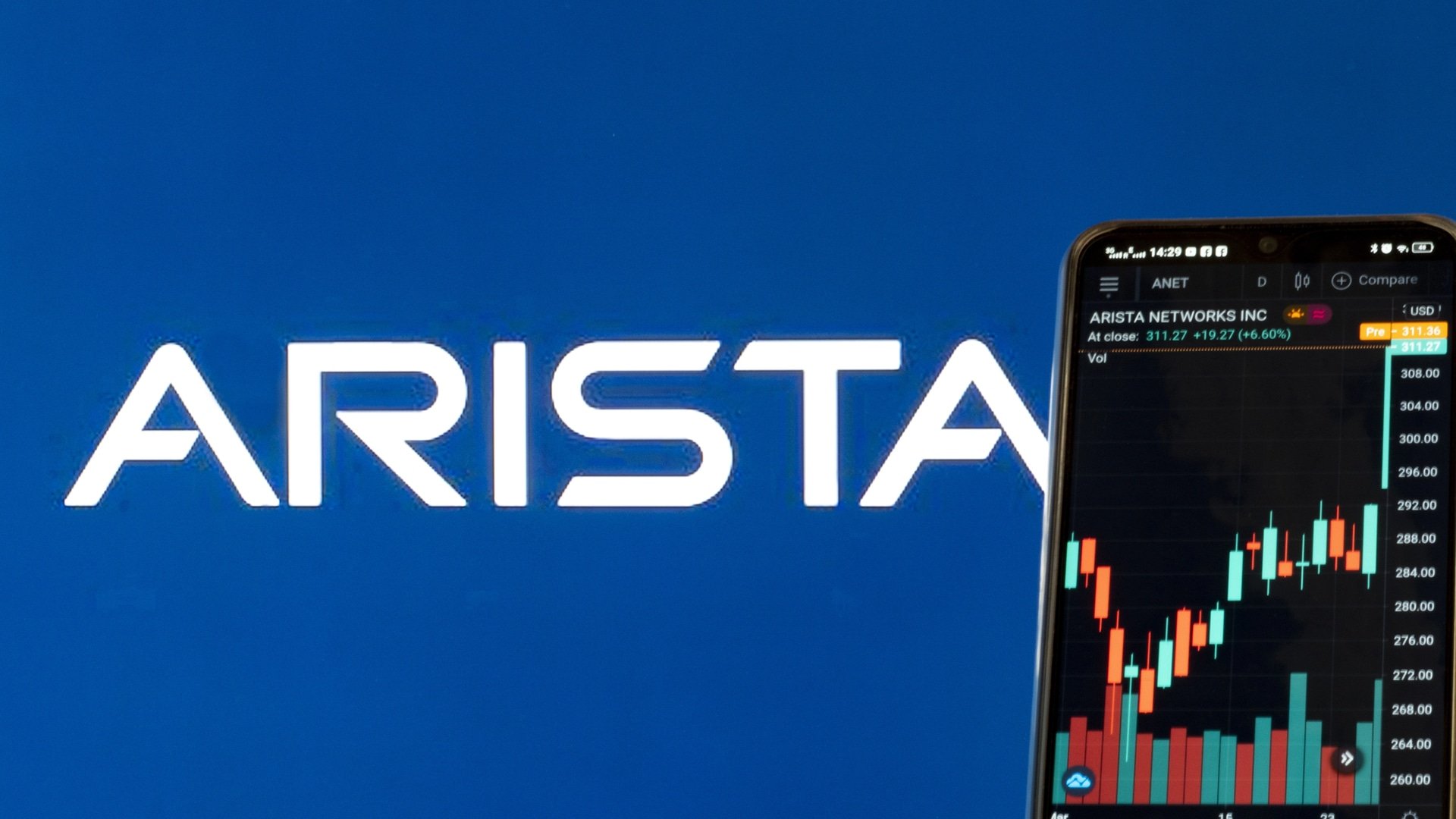TORONTO, Dec. 7, 2021 /PRNewswire/ — Half of employees feel stressed, and few are getting the support they need despite HR beliefs about wellbeing at work. Of the HR leaders polled, half (47%) say their company supports employee wellbeing, while just a quarter (24%) of employees agreeing — a major disconnect. That’s according to the new Empowering Employee Wellbeing in the New World of Work report from Achievers Workforce Institute (AWI). AWI is the research and insights arm of Achievers, the global leader in employee voice and recognition solutions that accelerate a culture of performance.
The global research surveyed more than 2,000 employed respondents and 950 HR leaders from Australia, Canada, UK and USA, and found just one in five (20%) employees say they feel physically and mentally healthy and less than one in five feel their physical wellbeing (17%) and mental wellbeing (18%) are supported by their employer. Nearly half (48%) of employees feel stressed, and of that group, two-thirds (63%) say their stress is related to the COVID-19 pandemic.
“As we look ahead at the weeks and months to come, it’s easy to think that the worst is behind us with vaccinations on the rise and many businesses starting a phased return to the office. However, the wellbeing research from Achievers Workforce Institute shows that stress remains high, with COVID-19 as a key driver,” says Achievers Chief Workforce Scientist Dr. Natalie Baumgartner. “Almost one third of employees surveyed have taken leave due to stress, and this is even higher for marginalized groups. HR leaders need to understand how and why marginalized groups are experiencing heightened stress, otherwise inequities will deepen and result in cultural erosion over time.”
HR is overconfident in wellbeing support efforts
HR leaders are twice as likely as employees to say their organization supports employee wellbeing, including mental wellbeing. In addition, 40% of HR leaders feel their company offers employees resources to support their mental wellbeing, but just 18% of employees feel supported at work in managing their mental wellbeing.
This disconnect suggests one of two things: either existing programs are not being sufficiently communicated so employees are unaware of the available support, or these programs are reaching employees but not having the desired impact.
“Closing the gap between HR action and employee perception should be mission critical for HR and business leaders. While HR may believe they are taking the right steps to support employees in this area, if individuals don’t experience that support as effective, then the effort is not meeting the goal,” Baumgartner says. “The key step is to ask employees for their input on both existing initiatives, and with regards to which programs would be beneficial to their physical and mental wellbeing. This employee insight is crucial to implementing support that is experienced as effective and impactful.”
Additional findings from the Empowering Employee Wellbeing in the New World of Work report include:
Marginalized groups report more stress and employers are not providing enough support
Achievers Workforce Institute asked respondents to self-identify as members of specific marginalized groups, including Black, Indigenous, and people of color (BIPOC), LGBTQ+, people with disabilities, and women or non-binary people. Across the board these groups reported higher stress and less support for their wellbeing.
For example, BIPOC respondents were 29% more likely to say they feel a lot of stress at work. LGBTQ+ respondents were 55% more likely than average to have taken stress leave. Respondents with disabilities were twice as likely to say they are stressed. Women are 23% less likely to say they feel a strong sense of mental wellbeing, compared to men.
Overall, this indicates that employers need to more heavily focus on supporting marginalized groups. From addressing conscious and unconscious bias in the workplace, to supporting employee resource groups (ERGs), organizations should take steps to ensure marginalized employees feel welcome, known, included, supported, and connected at work.
Frequent recognition is a protective factor for wellbeing
Employees who say they receive weekly meaningful recognition are twice as likely to report a high level of physical and mental wellbeing and are twice as likely to say they feel capable of managing their stress at work.
In addition, organizations with a recognition platform outperform those without a platform when it comes to wellbeing. Respondents who report their company has a recognition platform are twice as likely to say the company also supports employee wellbeing. They are more than twice as likely to say employees receive recognition for participation in wellbeing initiatives, a factor that correlates significantly with wellbeing outcomes.
For more information about the 2021Empowering Employee Wellbeing in the New World of Work report and how to better support employees, download the report here.
About Achievers
Achievers’ employee voice and recognition solutions bring your organization’s values and strategy to life by activating employee participation and accelerating a culture of performance. Achievers leverages the science behind behavior change, so your people and your organization can experience sustainable, data-driven business results.
Visit us at www.achievers.com.
Media Contacts:
Maranda Wilson
[email protected]
Sarah Geist
[email protected]
Author Information
As a detail-oriented researcher, Sherril is expert at discovering, gathering and compiling industry and market data to create clear, actionable market and competitive intelligence. With deep experience in market analysis and segmentation she is a consummate collaborator with strong communication skills adept at supporting and forming relationships with cross-functional teams in all levels of organizations.
Sherril holds a Master of Business Administration in Marketing from University of Colorado, Boulder and a Bachelor of Arts in Psychology from Rutgers University.







